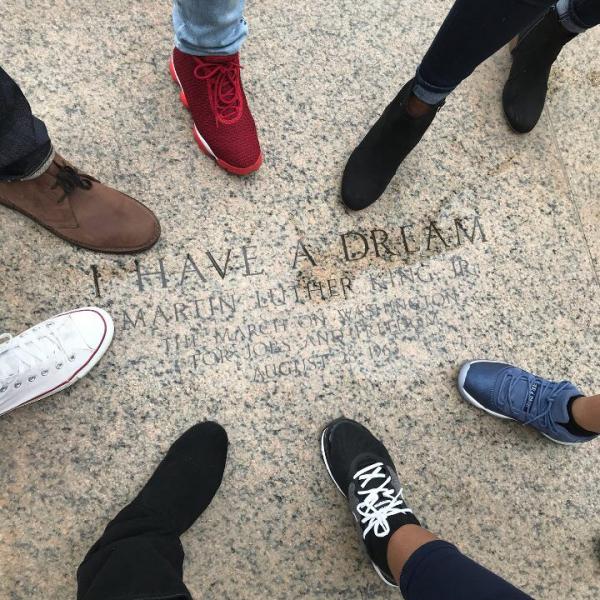Muñoz is a socio-cultural anthropologist committed to furthering our understanding of the intersections between economic and political life. He has conducted extensive fieldwork in Cameroon and neighboring countries in West-Central Africa since the mid-2000s.
For the last six years, Muñoz has been co-investigator of AFRIGOS, a European Research Council-funded project, which investigated the patterns of governance that are emerging across the African continent out of unprecedented levels of investment in transport infrastructure. Available in open access, the edited volume Transport Corridors in Africa (James Currey, 2022) offers a sample of the project's research. AFRIGOS has allowed Muñoz to conduct long-term fieldwork in Cameroon and Chad, gaining insight into the visions and practices that have made the vast infrastructural complex known as the Douala-N’Djamena corridor what it has become today. He is currently working on a book manuscript entitled Living Infrastructure: Logistics at work in the Douala-N’Djamena transport corridor.
Muñoz's publications include Doing Business in Cameroon: An Anatomy of Economic Governance (Cambridge University Press, 2018), an ethnographic monograph that explores how different business practices and repertoires have enabled distinct modes of governing the economy in Adamaoua province (Cameroon) from the colonial era to the present. Based on fieldwork and archival research, it analyzes four arenas of the provincial economy—the cattle trade, road transport, public contracting, and the projects of non-governmental organizations—to offer a fresh perspective on economic governance that interrogates the effects of prevalent dichotomies between formal and informal economies.

